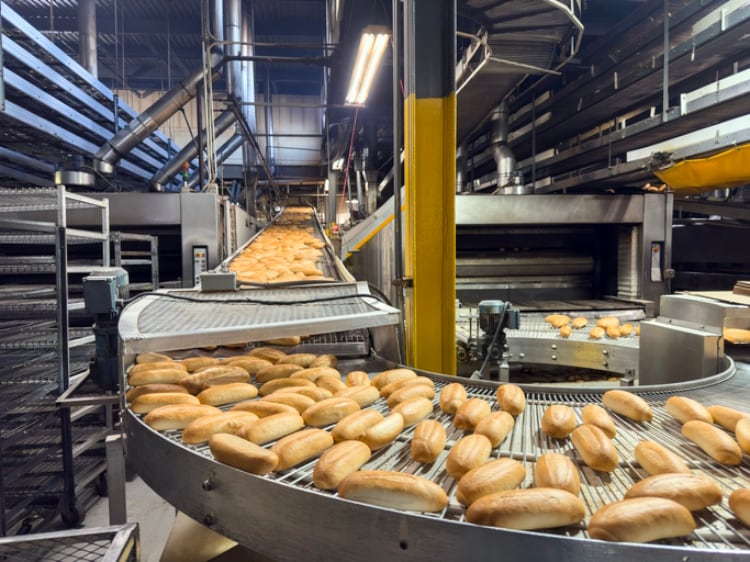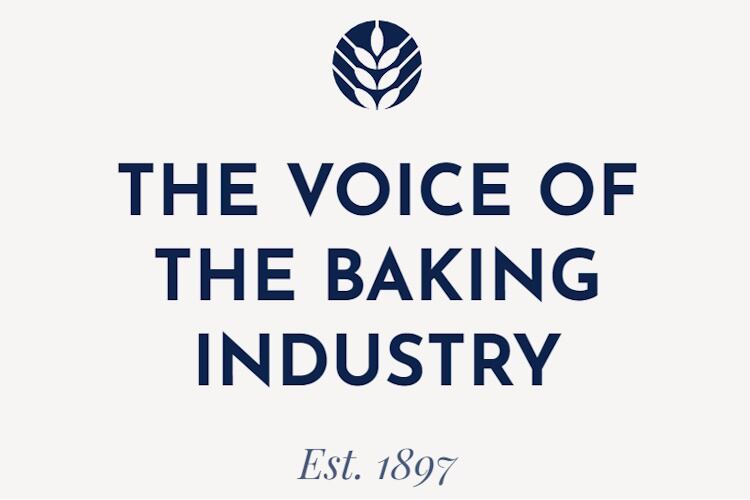In 2023, the US Environmental Protection Agency (EPA) recognized 103 US manufacturing plants for their respective sectors’ top 25% energy efficiency. ABA member facilities were prominent among those achievers, continuing a trend from previous years.
To be certified as Energy Star, a building must meet strict energy performance standards in saving energy, money and helping protect the environment by generating fewer greenhouse gas emissions than typical buildings.
Energy Star products are the same as standard products, only created by using less energy. In fact, the collective efforts of these plants prevented more than eight million metric tons of carbon dioxide emissions, showcasing the significant impact of energy-efficient practices.
"The commercial baking industry’s continued commitment to the Energy Star program underscores the significant role our members, and the industry at large, play in leading the way toward a more sustainable future,” said ABA president and CEO Eric Dell.
Among its members, those with Energy Start-certified plants have implemented various energy efficiency projects and management practices to reduce their energy use. For example, Bimbo Bakeries USA (BBU) has installed advanced controls and high-efficiency burners in ovens, oxidizers and boilers. It has also made significant investment in metering systems for real-time monitoring and control of energy usage.
“ABA continues to work closely with the EPA to promote best practices and recognize the baking industry’s achievements in environmental stewardship,” said Rasma Zvaners, ABA's VP of Government Relations.
To be eligible for the certification, a building must earn a score of 75 or higher on EPA’s 1-100 scale, indicating that it performs better than 75% of similar facilities across the US.
This 1-100 Energy Star score is based on the actual, measured energy use of a building and is calculated within EPA’s Energy Star Portfolio Manager tool. The score accounts for differences in operating conditions, regional weather data and other important considerations.
The certification is available for 21 manufacturing sectors, including commercial bakeries.
The value of a top-performing building

Energy Star is the US government-backed, internationally recognized symbol for energy efficiency, providing simple, credible and unbiased information that consumers and businesses rely on to make well-informed decisions.
Since 1992, Energy Star and its partners have helped American families and businesses avoid more than $500bn in energy costs and achieve four billion metric tons of greenhouse gas reductions.
The value to have a building certified under Energy Star is multipronged for a producer.
First and foremost it’s the positive message they are conveying.
Because they use less energy, Energy Star-certified buildings contribute, on average, 35% fewer greenhouse gas emissions to the atmosphere. So, by earning the certification, they’ve announced they’ve joined the front lines in the fight against climate change.
This means as a producer they will have their pick of talent. According to recent studies, America’s younger generations believe companies must act to help social and environmental issues and a majority will do research to see if a company is being honest when it takes a stand on issues.
And then there are the energy cost savings. Once in operation, Energy Star certified buildings use, on average, 35% less energy, which translates into $0.50 less per square foot to operate than their peers.
This in turn leads to higher net operating income and a building that is seen to be worth more.
Reliable, persistent energy savings also make it more likely that this connection will be recognized with a higher building valuation. According to the program, numerous studies demonstrate a sale price premium from 1%- 31% among energy-efficient buildings.
“President Biden’s Investing in America agenda is breathing new life into energy efficient domestic manufacturing,” said EPA administrator Michael S. Regan.
“These Energy Star-certified plants demonstrate that cutting the embodied carbon of our industrial products through energy efficiency doesn’t just make environmental sense, it makes economic sense.”

ABA Energy-Star certified baking plants
Bimbo Bakeries USA leads the board with 12 buildings accredited with an Energy Star rating, followed by Flower Baking Co. with seven and TreeHouse Foods with six. But each and every facility listed below is commendable.
Alabama:
- Tuscaloosa Organic Baking Co. (commercial bread and roll baking)
Arizona:
- BBU, Phoenix (bread & rolls)
- Holsum Bakery of Tolleson (bread & rolls)
- Mesa Organic Baking Co. (bread & rolls)
Arkansas:
- Flowers Baking Co. of Batesville (bread & rolls)
California:
- BBU, Escondido (bread & rolls)
- BBU San Luis Obispo (bread & rolls)
Colorado:
- First time accreditation for Canyon Bakehouse, Johnstown (bread & rolls)
Georgia:
- First time accreditation for Flowers Bakery of Suwanee (bread & rolls)
Illinois:
- TreeHouse Foods, South Beloit (cookies & crackers)
Kentucky:
- BBU, London (bread & rolls)
- TreeHouse Foods, Princeton (cookies & crackers)
Maine:
- Lepage Bakeries Park Street, Lewiston (bread & rolls)
Minnesota:
- BBU, Fergus Falls (bread & rolls)
Nevada:
- Flowers Baking Co. of Henderson (bread & rolls)
New York:
- BBU, Auburn (bread & rolls)
- BBU, Olean (bread & rolls)
- TreeHouse Foods, Tonawanda (cookie & crackers)
North Carolina:
- BBU, Gastonia (bread & rolls)
Ohio:
- Bimbo QSR Ohio, Airport, Zanesville (bread & rolls)
- Bimbo QSR Ohio, Eastpointe, Zanesville (bread & rolls)
- Klosterman Baking Company, Springboro (bread & rolls)
- Klosterman Baking Company, Cincinnati (bread & rolls)
Pennsylvania:
- BBU, Reading (bread & rolls)
Tennessee:
- Crown Bakeries, Nashville (bread & rolls)
- Crown Bakeries, Dickson (bread and rolls)
Texas:
- Flowers Baking Co. of Houston (bread & rolls)
- Flowers Baking Co. of Tyler (bread & rolls)
- Flowers Baking Co. of El Paso (bread & rolls)
- First time accreditation for Leeland Baking Co., Houston (bread & rolls)
Utah:
- BBU, Salt Lake City (bread & rolls)
- TreeHouse Foods, Ogden (cookies & crackers)
Virginia:
- Lynchburg Organic Baking Co. (bread & rolls)
- Flowers Baking Co. of Norfolk (bread & rolls)
Wisconsin:
- BBU, Oconomowoc (bread & rolls)
- BBU, La Crosse (bread & rolls)





